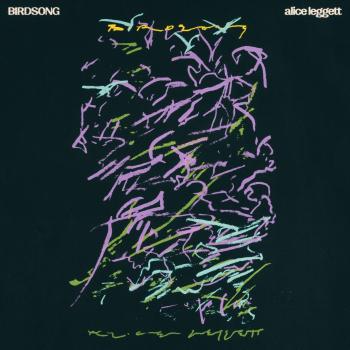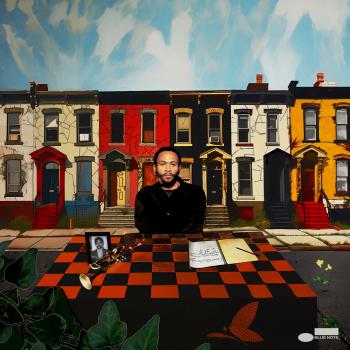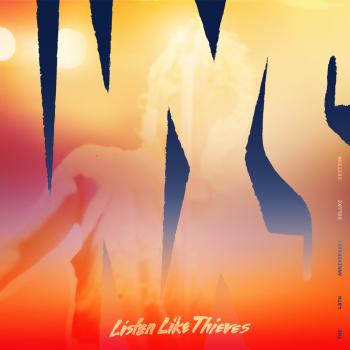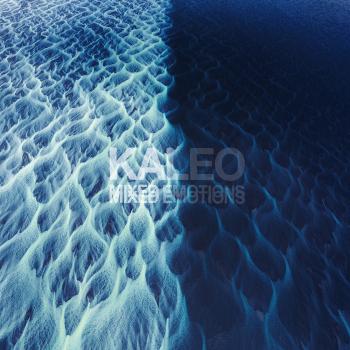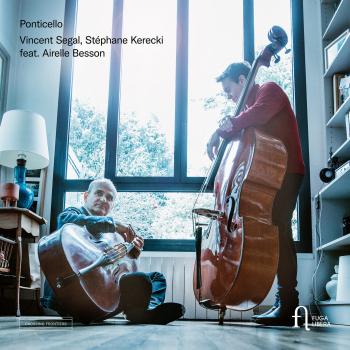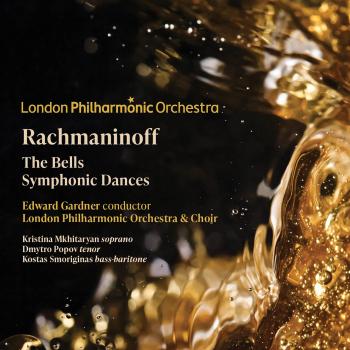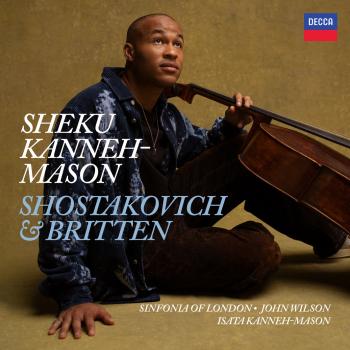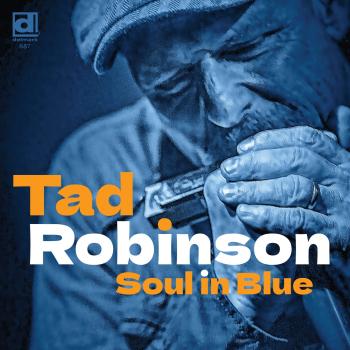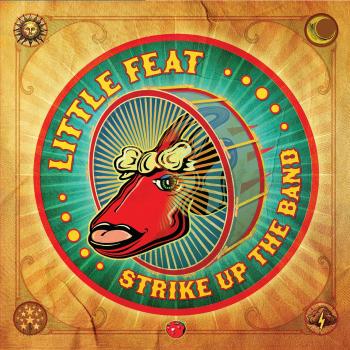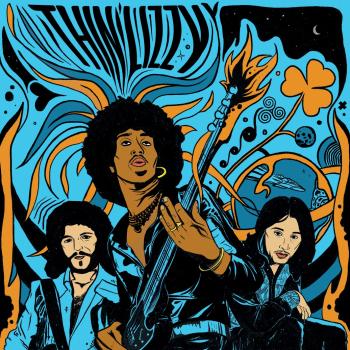
Crime Pays Willie Colón
Album Info
Album Veröffentlichung:
1972
HRA-Veröffentlichung:
28.04.2023
Das Album enthält Albumcover
Entschuldigen Sie bitte!
Sehr geehrter HIGHRESAUDIO Besucher,
leider kann das Album zurzeit aufgrund von Länder- und Lizenzbeschränkungen nicht gekauft werden oder uns liegt der offizielle Veröffentlichungstermin für Ihr Land noch nicht vor. Wir aktualisieren unsere Veröffentlichungstermine ein- bis zweimal die Woche. Bitte schauen Sie ab und zu mal wieder rein.
Wir empfehlen Ihnen das Album auf Ihre Merkliste zu setzen.
Wir bedanken uns für Ihr Verständnis und Ihre Geduld.
Ihr, HIGHRESAUDIO
- 1 Ché Ché Colé 03:29
- 2 El Malo 04:00
- 3 Guisando 04:01
- 4 Jazzy 04:04
- 5 Juana Peña 05:36
- 6 Guajirón 05:56
- 7 El Titán 05:22
- 8 Qué Lío 04:35
- 9 Eso Se Baila Así 05:18
Info zu Crime Pays
Crime Pays is a vintage collection of Willie Colón's early lounge recordings from the late 1960s and early 1970s mainly with Héctor Lavoe, including Guajirón, El Titán, Que Lío and Eso Se Baila Así.
Craft Latino is proud to present an all-analog reissue of Crime Pays, an anthology of Willie Colón’s most influential songs from his first 4 albums. The ironically titled Crime Pays was a comment on the success of Colón’s carefully cultivated bad guy image that he sustained until the mid-1970s. The album contains nine key cuts from his first four albums. His 1967 debut album El Malo (The Bad Guy) is represented by his first hit, the mambo jazz instrumental “Jazzy” and the title track, a bomba-guaguancó ‘composed by Colón. “Jazzy” was co-penned by Colón and his African American pianist Dwight Brewster and bassist James Taylor.
The album’s recording director, Fania co-founder Johnny Pacheco, brought Héctor Lavoe in to sing lead vocals. According to Brewster’s biography, Lavoe initially shared the view of older musicians that Colón’s was a kiddie band, but it was only after he heard the playback of “Jazzy” and two Colón/Brewster tunes that he changed his mind and agreed to join. Lavoe was to remain until Colón gave up his band in 1974. Colón’s follow-up, The Hustler (1968), is represented by “Guajirón,” composed by Brewster’s replacement on piano, Mark “Markolino” Dimond, also African American, “Qué Lío,” a guajira cowritten by Joe Cuba, Lavoe, and Colón, and the boogaloo “Eso Se Baila Así,” penned by Colón.
Dimond takes one of his elegant trademark solos on “Guajirón.” A brilliantly talented yet tragic figure, Dimond, dropped out of the New York recording scene in the mid-1970s and died in the 1980s, leaving a small yet masterful legacy of recorded work mostly for the Fania family of labels. Colón takes an effective though uncomplicated trombone solo on “Qué Lío.” “Guisando” and “El Titán,” both co-written by Colón and Lavoe, originate from Colón’s third Fania outing Guisando – Doing A Job (1969). Though un-credited, this was Dimond’s last recording with Colón.
Other un-credited personnel on the album included Charlie Cotto on timbales, Santi González on bass, Chucky López on bongo, and Barry Rogers on trombone, with Justo Betancourt and Pacheco doing the first of many coro duos for Colón’s albums. An African American percussionist called Gilbert played conga. “Che Che Colé” and “Juana Peña” are taken from Colón’s fourth Fania release Cosa Nuestra (Our Thing; 1970), his first album to go gold. “Che Che Colé,” adapted by Colón from a Ghanaian children’s song, was his biggest hit up to that point and catapulted him into superstardom.
Willie Colón, trombone, vocals
Héctor Lavoe, vocals
Digitally remastered
Keine Biografie vorhanden.
Dieses Album enthält kein Booklet

